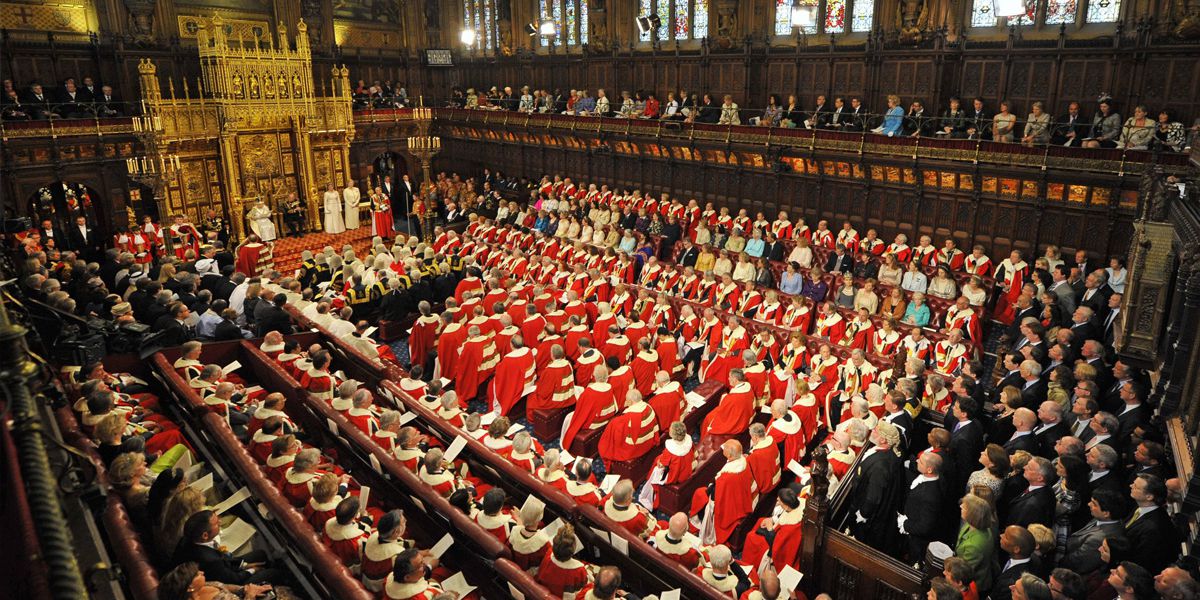
Занимательное лингвострановедение
23.02.2018
Занимательное лингвострановедение. Текст 2
23.02.2018The British government operates at both national (central) and local levels. Nationally, it is represented by the body of ministers who administer the country’s affairs under the Prime Minister. The Sovereign appoints as prime minister the leader of the party that has a majority in the House of Commons.
The Prime Minister not only presides over the ministers but by tradition holds the post of First Lord of the Treasury and Minister for the Civil Service. The Prime Minister also appoints an advisory council of about 20 ministers. This is the Cabinet, which meets once or twice a week, whether Parliament is sitting or not.
Most but not all the Cabinet ministers are in charge of a government department and have the title ‘Secretary of State’ or simply ‘Minister’. The head of the finance department, called the Treasury, has the title «Chancellor of the Exchequer’. There are Secretaries of State for the Home Office, Foreign and Commonwealth Affairs, Wales, Employment, Defense, Trade and Industry, Health, Education and Science, Scotland, Transport, Energy, Social Security, the Environment, and Northern Ireland. All these are in the Cabinet, as are holders of other traditional offices, such as the, who do not have responsibility for a government department.
Ключи:
Языковые элементы, которые необходимо правильно читать и переводить:
- National and local Level – государственный и местный уровень управления
- Prime Minister (PM) — Премьер министр
- House of Lords and House of Commons – Палата Лордов и Палата Общин
- First Lord of the Treasury – Министр (Первый лорд) казначейства
- Minister for the Civil Service – Министр гражданской службы
- the Cabinet – Кабинет министров
- ‘Secretary of State’ – Министр иностранных дел
- «Chancellor of the Exchequer’ – бывшее название Министра финансов
- Secretaries of State for the Home Office (внутренних дел), Foreign and Commonwealth Affairs (иностранных дел), Wales, Employment (по трудоустройству), Defense (обороны), Trade and Industry (торговли и развития), Health (здравоохранения), Education and Science (науки и образования), Scotland, Transport (транспорта), Energy (энергетики), Social Security (госбезопасности), the Environment (окружающей среды), and Northern Ireland
- Lord President of the Council (Лорд председатель тайного совета)
Томахин Г.Д. – The Chambers. – Язык сквозь призму культуры. – М., 2001

